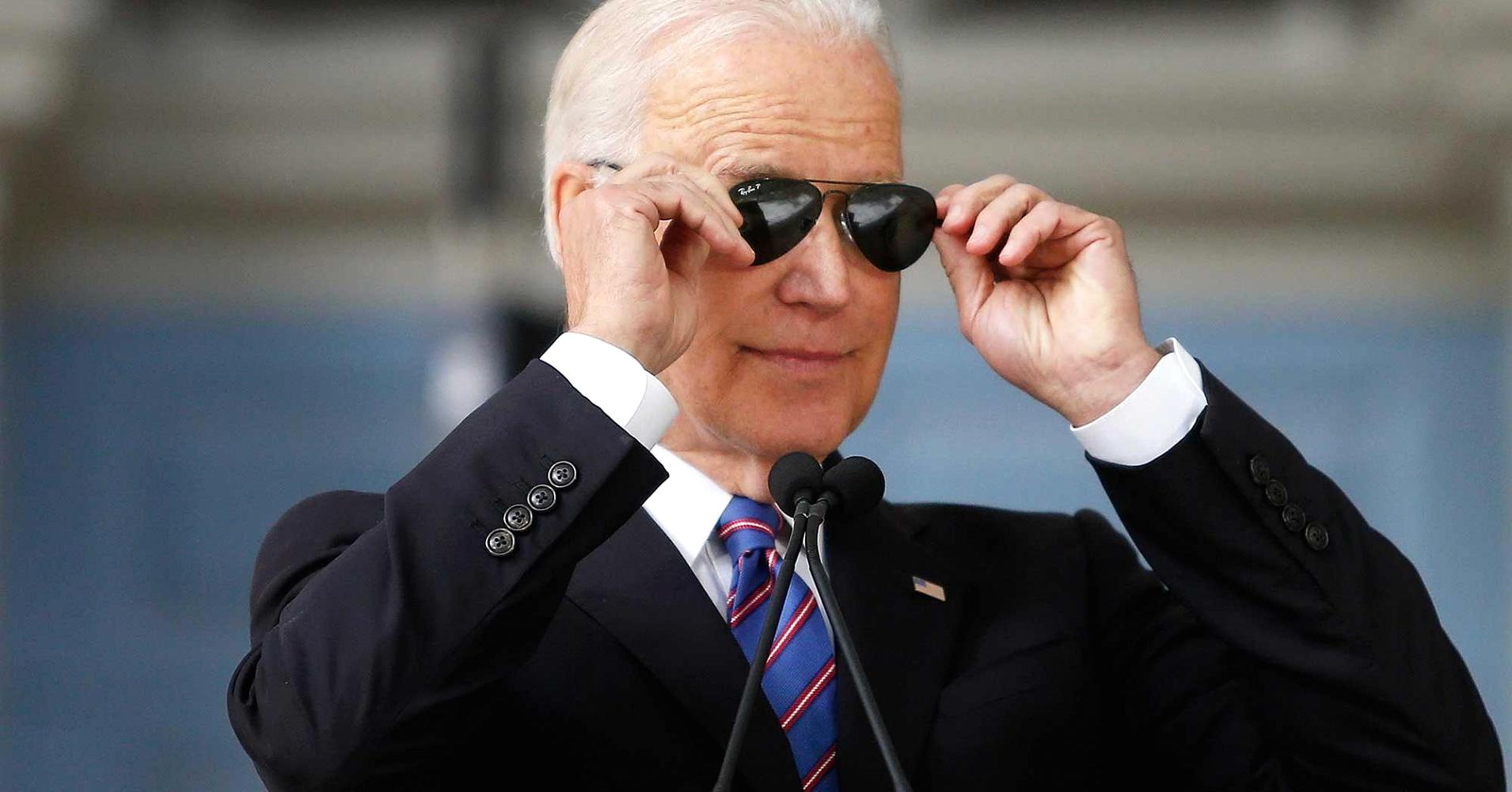There are a lot of new and interesting names in the 2020 Democratic field, and then there’s former Vice President Joe Biden. As far as polling goes, Biden has continued to sit at or near the top of just about every 2020 Democratic primary poll. He’s a former Vice President so of course, he will always retain a certain level of clout within the party, but does he have what it takes to compete in a crowded 2020 field? More importantly, is his personality and voting record compatible with the modern Democratic Party?
Charlie Mahtesian, writing at Politico, argues that Biden may be the strongest candidate with the least amount of commonality with the Democratic Party of today. Given Biden’s demographic as an old, white male, he immediately loses some ground to a party desperately seeking to reignite the coalition that twice hoisted Barack Obama into the White House.
Joe Biden, who leads the Democratic 2020 presidential field in early polls, has all the markings of a front-runner. He possesses a sterling résumé, access to a donor base, name recognition and eight years of loyal service to a president who’s loved by the party base. There’s just one problem: He’s also a deeply flawed candidate who’s out of step with the mood of his party.
Biden hasn’t announced he’s running for president, of course, but he’s made clear he’s seriously thinking about it. On Sunday, he confirmed it again on MSNBC’s PoliticsNation. The decision, he said back in February, will be based on whether it’s “right for me to do.”
But that’s the wrong question. What Biden should be asking is whether the party wants him, and not just whether he should seize his last chance.
Biden’s biggest sin, according to Mahtesian, is not his “handsy” personality or his propensity to create gaffes, but rather Biden’s collection of Senate votes from his time in the Upper Chamber that are notably out of step with modern progressive tenets.
One of them is the bankruptcy reform bill that he championed for years, until it finally passed in 2005. The political taint from that law—favored by credit card companies because it made it harder for consumers to get debt relief through bankruptcy—shows no sign of subsiding on the left. It surfaced as a thorny issue during Biden’s vetting as Barack Obama’s running mate in 2008, and reappeared nearly a decade later to haunt Hillary Clinton during her 2016 Democratic primary.
…
The 1994 crime bill is another ticking time bomb from Biden’s past. As Obama’s vice president and a key member of an administration that sought to reorient criminal justice policy, Biden was never truly called to account for his leading role in passing a Clinton administration measure that many in the party believe exacerbated an era of mass incarceration that disproportionately affects racial minorities.
…
There are other issues in Biden’s portfolio that would prove problematic with influential factions within the current Democratic Party—among them his vote to authorize the use of force in Iraq and his history on abortion rights.
By the end of his Senate career, Biden was a staunch defender of reproductive rights, but there’s still a collection of votes and quotes over the years that will raise questions about his reliability.
In other words, Biden may be the right candidate at the wrong time. In 2008, he couldn’t compete with Hillary Clinton and Barack Obama so he bowed out fairly early. He spent eight years loyally serving President Obama and earned tremendous respect with the Democratic base for his time as a staunch defender of Obama’s policies. In recent months, Biden has turned his attention on President Trump, clearly with intention of signaling his eagerness to go after the current Commander in Chief.
Biden could connect with many of the same voters who crossed over for Trump. The Rust Belt is prime Biden territory, just as it was for Trump who easily appealed to blue-collar union households who felt as if Washington had abandoned the working class as a priority.
Unfortunately, for Biden’s 2020 hopes, the Democratic Party may not need them next time around either, as Mahtesian concludes:
Yet it’s a sign of the times that the familiar, out-of-power Democratic hand-wringing about how to win back the white working class has quieted. It’s no longer a universally held opinion that it’s necessary or even prudent for the party to chase voters who cast a ballot for Trump. Within some party circles, working-class whites are not viewed as essential to the racially diverse coalition that they believe represents the party’s future.
As a septuagenarian white male, Biden is a highly unlikely prospect to lead that new coalition. It’s a testament to his talents that it’s even subject to debate.
The Obama coalition proved in 2008 and 2012 that Democrats did not need to appeal to white working-class voters the way Bill Clinton and Al Gore did. The new coalition of younger, more diverse voters was more than enough to carry victory twice for Obama.
In 2020, Democrats will be deciding whether they want to find a candidate who can rekindle the Obama coalition, which Hillary Clinton failed to do in 2016, or anoint someone like Joe Biden to recapture the coalition built by Bill Clinton, and subsequently co-opted by Donald Trump.
Donate Now to Support Election Central
- Help defend independent journalism
- Directly support this website and our efforts
